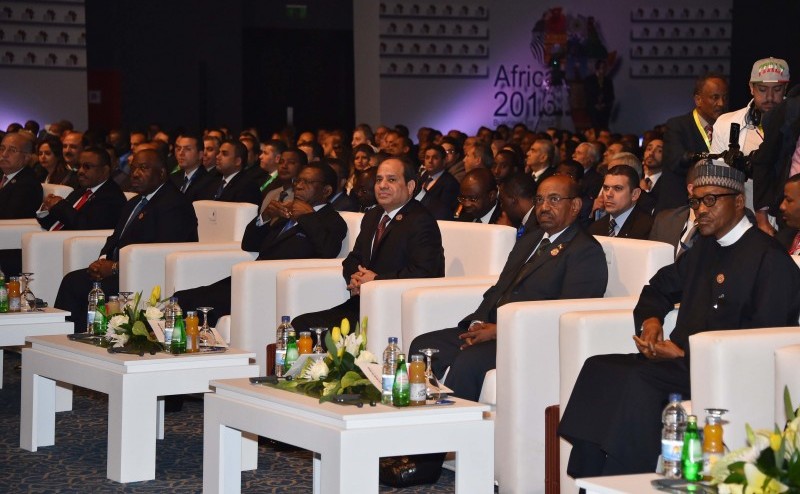By BBC World Service International Publicity
Published September 28, 2010
A survey across the globe indicates that governments mis-spend more than half the money they collect in taxes. These are the findings of a new BBC World Service global poll across 22 countries, including Kenya, Nigeria and Egypt in Africa.
Some 58% of those surveyed in Kenya believe their taxes are not spent in the public interest as do 46% Nigerians and 42% Egyptians. However, people all over the world are still looking to government to play a more active economic role despite their perceptions of government mis-spending.
The poll of more than 22,000 people, conducted by GlobeScan/PIPA, found that people estimated on average that 52 per cent of the money they pay in tax is not used in ways that serve the interests and values of the people of their country.
Despite this lack of trust in government to spend tax money responsibly, the poll found on some measures there is a near global consensus for increased government action. Nearly four in five around the world (78%), and majorities in all but one of 22 countries polled, think that government should subsidise food to keep prices for the consumer down, with only 18 per cent disagreeing. Two-thirds overall (67%), and majorities in 19 out of 22 countries, think that government regulation and oversight of their national economy needs to be increased-the US, Turkey and Spain are the only exceptions.
Other government interventions achieve slim majority support. In 14 of 22 countries most people-on average 56 per cent-favour an increase in government spending to stimulate the economy. This includes large majorities of Egyptians (91%), Mexicans (80%), Russians and Indonesians (both 78%), and Nigerians (73%). But majorities are opposed in a number
of industrialised countries that had large stimulus programmes-Germany (66%), France (63%) and the US (58%).
On average 51 per cent also want their government to take steps now to address their deficit and debt, while 39 per cent are opposed. The United Kingdom is among the countries where support for deficit reduction measures is higher, at 60 per cent. Asked whether they would
RELATED: ICC Holds Pre-trial Hearing for First Kenya Case on Post December 2007 Election Violence
The results show that people who think a large proportion of their taxes are misspent are also less supportive of their government taking steps to address the deficit. While among those who estimate a third or lessis misspent, a majority of 57 per cent is in favour of taking action on the deficit and debt, those who estimate that two-thirds or more of
their taxes are misspent are divided (45% in favour, 45% opposed).
Providing financial support to banks in trouble is only supported by forty-four per cent on average of those polled -Â lower than for any other government action measured in the poll. A total of 14 countries have majorities opposing more bank bailouts, but eight countries are in favour.
RELATED: Kenyans to Demonstrate Against Sky-Rocketing Prices of Essential Commodities
The results are drawn from a survey of 22,783 adult citizens across 22 countries. It was conducted for BBC World Service by the international polling firm GlobeScan together with the Program on International Policy Attitudes (PIPA) at the University of Maryland. GlobeScan coordinated fieldwork between June and September 2010. Full-sample results are
considered accurate within +/- 2.1 to 3.5 per cent 19 times out of 20.
Some questions were asked of half samples.
The countries in which the survey was conducted are Australia, Azerbaijan, Brazil, Canada, China, Colombia, Egypt, France, Germany, India, Indonesia, Kenya, Mexico, Nigeria, Pakistan, Peru, Philippines, Russia, Spain, Turkey, UK,and USA.



